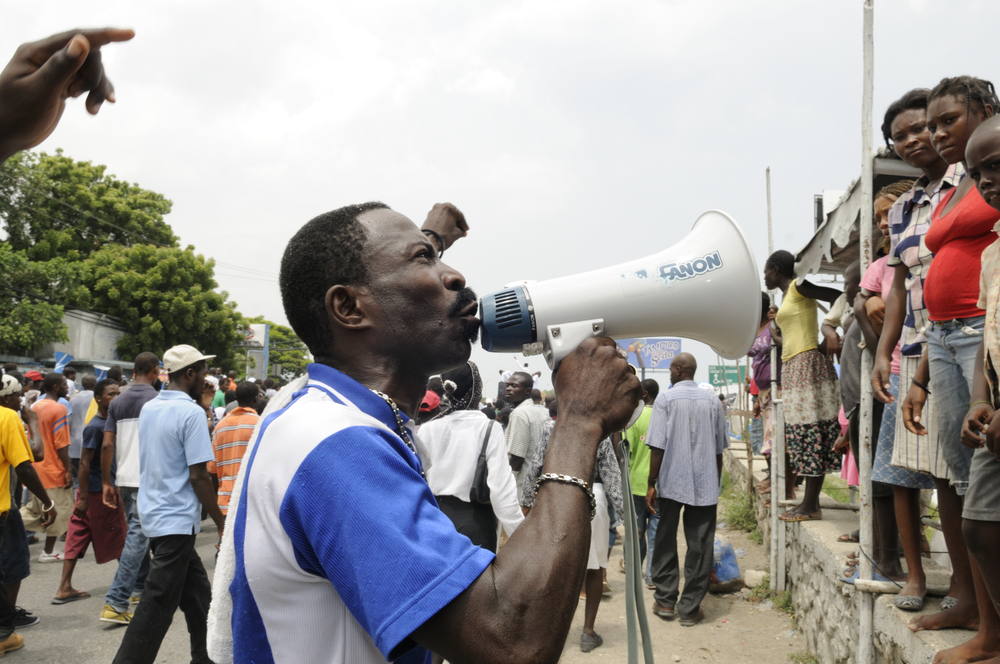Wednesday’s assassination of Haitian President Jovenel Moïse brings a violent end to his troubled presidency. His murder comes as political divisions deepen and violence runs wild in the streets of capital Port-au-Prince. Mr. Moïse’s leadership failed to steer his country onto the path of recovery after the devastating 2010 earthquake — and his death could plunge Haiti into an even deeper crisis.
Commonly known as “Banana Man” due to his past as a banana exporter, Mr. Moïse took office in 2017 after a contested election that was postponed on numerous occasions after losing candidates made fraud allegations. In office, he deployed violence against his opponents, governed by decree for over a year, and tried to pull off a constitutional reform to increase his own powers. His opposition claimed he was holding onto power, saying his term expired in February of this year.
Critics of Mr. Moïse compared him to Jean-Claude “Baby Doc” Duvalier, Haiti’s despotic former leader, chased out of office in 1986.
They also accused him of having far deeper links to armed gangs than other local politicians — turning a blind eye to groups that ransacked and silenced opposition-controlled neighborhoods. In December of last year, the U.S. Department of Treasury’s Office of Foreign Assets Control (OFAC) announced sanctions against...


 Search
Search






































